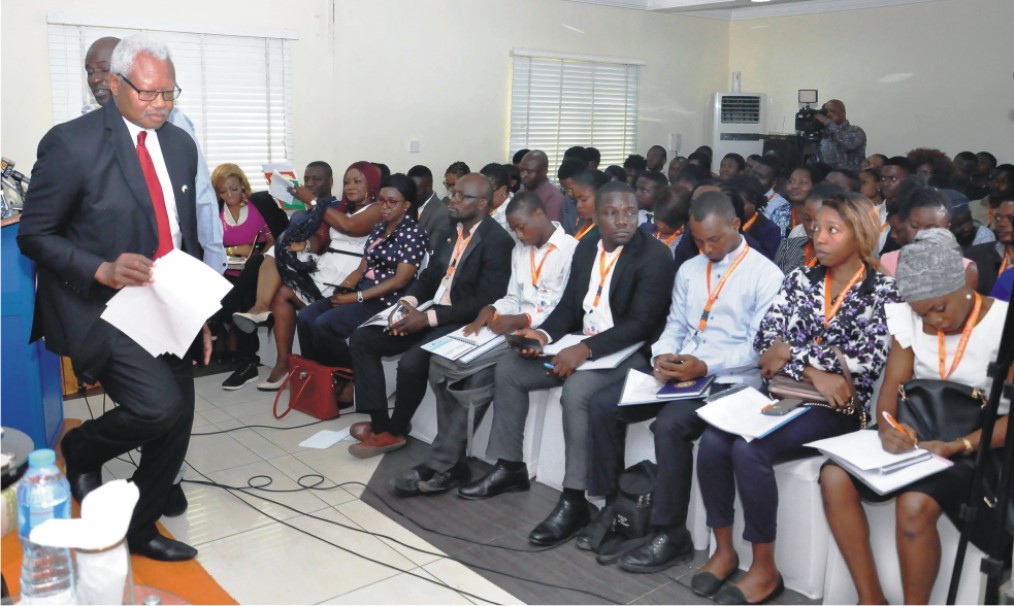Business
Collapsed Building In PH, Cause For Concern-NIOB Boss

The Chairman, Nigerian Institute of Building (NIOB), Rivers State chapter, Akinola Bammeke, has said that the recent collapse of a seven-storey building under construction in Woji GRA in Port Harcourt, is a cause for serious concern as the unfortunate incident suggests that building collapse has become a recurring decimal across the nation in recent times.
Bammeke said that the situation calls for urgent steps to be taken to stop the trend.
He disclosed that so far, 15 bodies have been recovered from the rubbles while the search continues, adding that the mishap has changed the Yuletide mood in the state.
He recalled that Rivers State has between 2001 and 2017 recorded six cases of building collapse where close to 100 persons lost their lives.
“In 2001, a four-storey building under construction collapsed on the Abacha Road with three deaths recorded. In 2006, another four-storey building went down at the Elelenwo part of the state. In 2017, a three-storey building collapsed in Alakahia Community in Obio Akpor Local Government Area of the state. The building located along the NYSC Road, Alakahia, collapsed”, he said.
Bammeke and other building experts suggested that a number of factors were responsible for the collapse.
A civil engineer at the collapse site, Mr. Ebenezer Ogundipe, noted that the materials used for the collapsed building were quite in order, but the structural design was faulty, saying, “they used heavier rods where they should have used lighter ones and so that made areas that should have been lighter too heavy for the pillars to withstand”.
Some others attributed the collapse to the use of substandard materials and the soil type in the area.
Bammeke said, “we are deeply concerned with the current spate of building collapse across the country, we will be working with government agencies until we ascertain the remote and immediate cause of the collapse and bring culpable persons to book.”
By: Tonye Nria-Dappa
Business
Fidelity Bank To Empower Women With Sustainable Entrepreneurship Skills, HAP2.0
Business
President Tinubu Approves Extension Ban On Raw Shea Nut Export
Business
Crisis Response: EU-project Delivers New Vet. Clinic To Katsina Govt.
-

 News3 days ago
News3 days agoAmend Constitution To Accommodate State Police, Tinubu Tells Senators
-

 Politics3 days ago
Politics3 days agoSenate Urges Tinubu To Sack CAC Boss
-

 News3 days ago
News3 days agoDisu Takes Over As New IGP …Declares Total War On Corruption, Impunity
-
Business3 days ago
President Tinubu Extends Raw Shea Nuts Export Ban To 2027
-
Business3 days ago
Crisis Response: EU-project Delivers New Vet. Clinic To Katsina Govt.
-
Business3 days ago
President Tinubu Approves Extension Ban On Raw Shea Nut Export
-
Sports3 days ago
NDG: Rivers Coach Appeal To NDDC In Talent Discovery
-
Rivers3 days ago
Etche Clan Urges Govt On Chieftaincy Recognition

